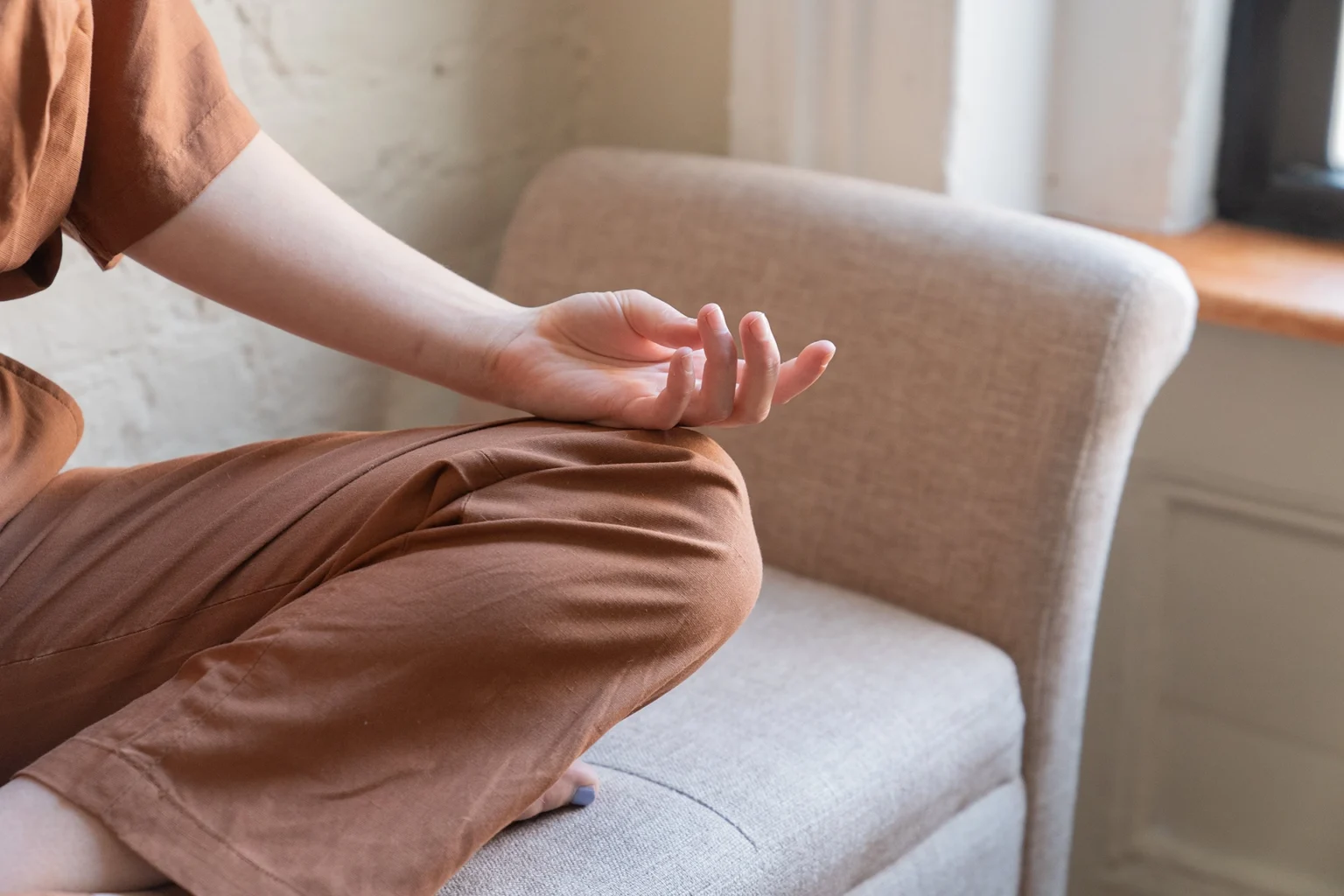Can Deep Meditation Alter the Balance of Gut Microbiota?

PREMIUM CONTENT for MEMBERS ONLY
“The gut, often termed the body’s “second brain,” is a metropolis of microorganisms that play a crucial role in our overall health.”
The gut, often termed the body’s “second brain,” is a metropolis of microorganisms that play a crucial role in our overall health. As science delves deeper into understanding this intricate ecosystem, a recent study titled Alteration of faecal microbiota balance related to long-term deep meditation, published in the Journal of General Psychiatry, offers intriguing insights into how the mind may modulate it. Led by Jinghong Chen, the research explores the potential influence of deep regular meditation on our gut microbiota.
Meditation, with its origins ingrained in ancient traditions, has long been celebrated for its mental health benefits. From fostering mindfulness to alleviating stress, its therapeutic potential is extensive. However, its influence on our physical health, specifically gut health, remains largely unknown. The study by Chen and co-investigators, concerning Tibetan Buddhist monks and neighboring residents, seeks to bridge this knowledge gap.
“The meditation group showed distinct alterations in their gut microbiota compared to the control group.”
The meditation group, including 37 Tibetan Buddhist monks from the Qiongke, Jiaqu, and Ezhi Temples, practiced deep meditation for several years. In contrast, the control group comprised 19 residents living near these temples and did not adhere to regular contemplative practices. Both groups shared similar dietary habits, making the study’s findings even more compelling. Employing 16S rRNA gene sequencing, the researchers investigated the microbial diversity of fecal samples from both groups. The results were intriguing. The meditation group showed distinct alterations in the composition of their gut microbiota compared to the control group. Notably, several beneficial taxa, including the groups Prevotella and Bacteroides were significantly more abundant in the meditation group. These taxa are butyrate producers, e.g. they generate anti-inflammatory short chain fatty acids.
But what does this mean for our health? The study suggests that these microbial shifts could be linked to reduced risks of anxiety, depression, and cardiovascular diseases. Moreover, the meditation group showcased decreased plasma levels of clinical risk factors, such as total cholesterol and apolipoprotein B.
“Thus, it’s the quality and beneficial interactions of these microbes, not just their quantity, that truly matter.”
The study employed a design that ensured minimal confounding variables. Both groups were matched for age, sex, smoking habits, alcohol consumption, and dietary patterns. This strict matching emphasizes the observed differences in gut microbiota. The control group, interestingly, showcased higher microbial community richness and diversity, possibly affected by the monk’s sedentary lifestyle, marked by prolonged periods of recitation and meditation.
Different microbial species can perform the same function in the gut, and some microbes can be beneficial while others can be harmful. Thus, it’s the quality and beneficial interactions of these microbes, not just their quantity, that truly matter. The meditation group’s microbial profile, enriched with beneficial butyrate producers, highlights the potential health benefits of long-term meditation.
The intertwining paths of meditation and the gut microbiota are still being unraveled. The study by Chen and co-investigators only shows associations between long-term meditation and a more beneficial spectrum of gut microbes with associated health benefits. It uses a limited analysis technique that only shows relative prevalence of microbial taxa, but not functional consequences of these compositional changes, such as changes in plasma levels of short chain fatty acids or neuroactive molecules. For example, the results to not prove that the beneficial effects of regular meditation lead to brain changes that are mediated by the gut microbes. More studies are needed to prove such causal relationships.
Personally, I utilize the free UCLA Mindful smartphone application, available for iOS and Android, for guided meditations. Additionally, the meditation-based program Headspace has successfully assisted individuals to be more mindful and meditate through their smartphone-based application.

Richard Tirado is a recent graduate from UCLA, where he majored in Biology and minored in Anthropology.
✓ This article was reviewed and approved by Emeran Mayer, MD